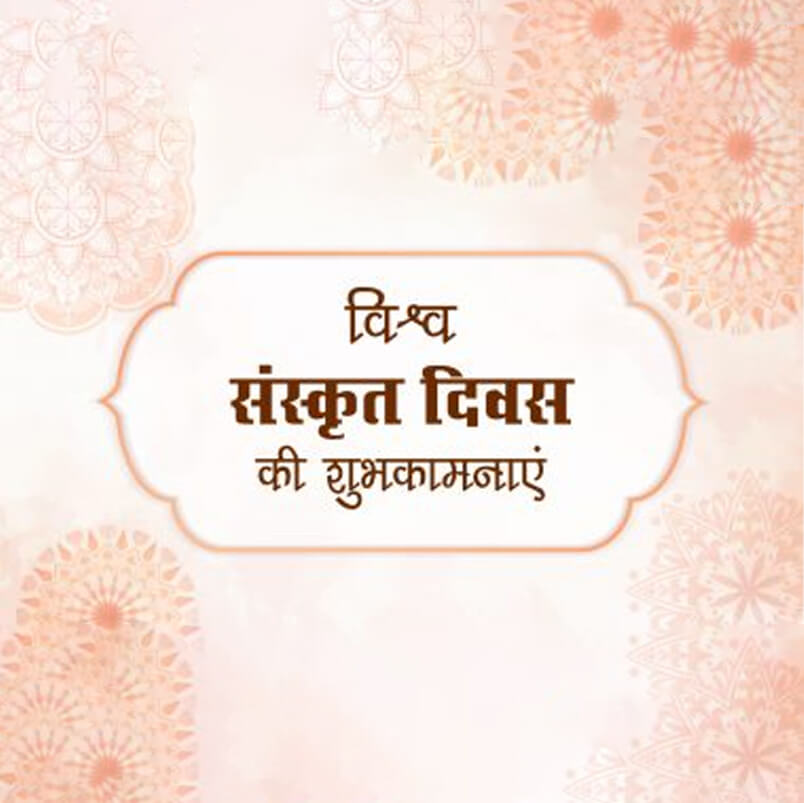World Sanskrit Day, also known as 'Vishva-Samskrita-Dinam,' is a unique occasion honouring Sanskrit, one of the world's oldest languages. According to the Hindu calendar, this day is celebrated every year on the full moon day of Shravana, which often falls in August. Known as the language of the gods," he "Sanskrit represents India's rich cultural and spiritual legacy and is more than just a language.
Sanskrit is one of the oldest languages, dating back more than 3,500 years. Numerous ancient Hindu, buddhist, and Jain works, such as the Vedas, Upanishads, bhagavad Gita, and Mahabharata, were composed in this language. These writings have had a significant impact on India's and the world's spiritual, philosophical, and cultural development. Sanskrit has influenced philosophy and religion alike. Numerous contemporary Indian languages, including bengali, Marathi, Hindi, and others, have their roots in it as well. Sanskrit is also the source of many English words, demonstrating the language's profound influence on international communication.
Sanskrit may not be a language that is spoken widely these days, but its significance is still great. In India, it is still utilised in religious rites, chants, and celebrations. Furthermore, linguists, academics, and supporters from all over the world are studying Sanskrit more and more because they are enthralled with its literature, structure, and the wealth of knowledge that it contains.

Sanskrit is renowned for its accuracy in science as well. According to the writings of the ancient scholar Panini, its grammar is one of the most complex systems ever devised. because of this, Sanskrit is becoming more and more popular for use in contemporary domains like artificial intelligence and computational linguistics.
The purpose of World Sanskrit Day is to raise awareness of the value of maintaining and growing this historic language. This day is dedicated to several events, including seminars, lectures, and cultural programs, both in India and abroad. To introduce pupils to Sanskrit and encourage them to explore its beauty and depth, schools and institutions may hold special sessions.
Inspiring a new generation to study Sanskrit as a language and a doorway to a great storehouse of knowledge that has moulded human civilisation is one of the objectives of World Sanskrit Day. We can make sure that this priceless cultural gem survives in the contemporary world by restoring interest in Sanskrit.
More than just a day to celebrate, World Sanskrit Day offers us a chance to honour our heritage, get in touch with our roots, and help preserve a language that has endured through the ages. We can all contribute to preserving the Sanskrit language, whether by studying a few phrases in the language, reading old books, or just realising how important it is to humanity.
